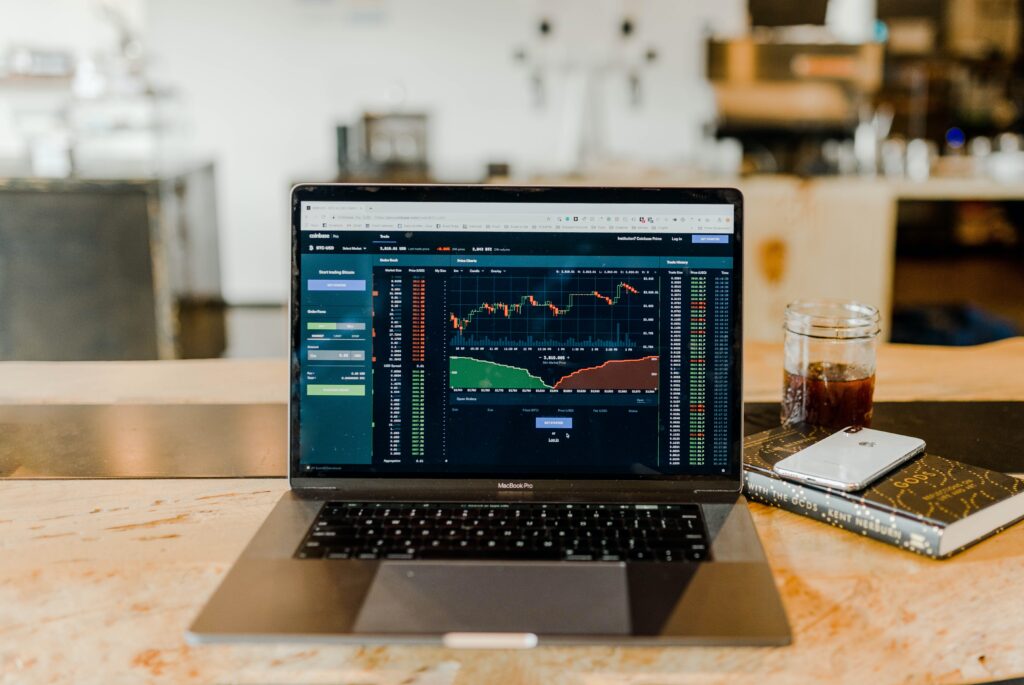How do you regard yourself in the stock market? As a trader or an investor? This is a very fundamental question to begin with before you start pouring money into the stock market. Both trading and investing can bring good fortune, except for they require a different mental model and strategy. Not able to distinguish between the two can be costly in the long run.
Fundamental Analysis vs Technical Analysis
Traders believe all the available information are reflected in the stock chart, and history repeats itself. By observing the price and volume, and with the help of various technical indicators and chart patterns, they derive a trend and aim to profit by predicting the price movement. Most of the time they buy when they see obvious buying interest from the chart, and they sell when their chart tells signs of people selling. They are trend followers and are not afraid of buying high. Buy high and sell higher is what matters.
Investors on the other hand, are looking for a good business to be part of it. They focus on the fundamental aspect of the company. Is this the business they understand? Is the company financially healthy? What is the growth prospect for 10 years down the road? Is the management capable and trustworthy? Does this company possess a great business with fair valuation? The list goes on but you get the idea. They analyze business from quantitative and qualitative perspective. They think like a prospective owner of that business. They don’t normally act but once they made a choice, patience is what is needed to watch the paint dry.
Hence, traders trade and investors invest. Both ways make money but with a different strategy. Trading requires constant monitoring of the price chart and decide if the chart gives trade signal. The holding period is normally short term. Whereas investing often means growing with the companies and hold on as long as they remain good. The holding period is always medium to long term. And there is no need to care much about the daily price movement.
There are people who are smart enough to combine both fundamental and technical analysis together, with the expectation to synergize the strengths of both. Sometimes they succeeded. But very often, the outcome can be counterproductive. This is due to the nature of the strategies and mindsets of both TA and FA are, in general, contradicting to each other.
Imagine you have picked a stock to buy using FA, and decided you want to use TA to time a good entry/exit point for the stock. You bought the stock on its support line and later it breaks down and hits the cut loss point, traders would tend to sell immediately. Guess what? Investors in this case would be happy to take position if the fundamental is still intact as valuation has becoming attractive. The real bargain may be found here. The logic is simple, if you reckon a product worth $10 is now selling at $7, would you buy happily? If it drops more to $4, will you buy even more aggressively? When would you think a company does a share buyback? Traders on the other hand, would avoid this kind of stock because it goes against the trend.
In such a scenario, if you bought a stock which has a very good prospect suitable for long term investment, but the indicators and stock price are pointing downwards, what would you do? Would you sell as a trader, or would you hold or rather buy more as you found more discount on it?
There is no right or wrong on any decision made. The important thing is to look to yourself and ask: Am I doing this for trading or investing? Do I have a strategy? These questions have to be addressed. Else you will end up selling the stock prematurely or will be forced to become “long term” trader when strategy is not clear. It can be frustrating.
Nevertheless, the intention here is not trying to conclude one is better than another. Ultimately it all depends on what suits better for you in terms of your personality and lifestyle. A trader? An investor? Or a Hybrid of both? If you like charts reading and enjoy gaining excitement from the volatility of price and believe you have all it takes to trade, by all means go ahead. If your hybrid strategy works well and is time proven, there is no reason to stop as well.
Buy What You Understand
However, for ordinary retail investors like most of us who have a full-time job, we neither have the luxury time to monitor the stock price every day, nor it’s convincing enough from FA point of view to execute relentlessly when it comes to cut loss a good stock, just because it hits certain resistance or break support line which is meant to be short term. Therefore, the most comfortable and simple approach is to buy what you understand with fair margin, and stay with it as long as the company continues to perform. Value Farm and Algobox comes in handy in this sense.
In fact, real investing is not exciting. It can be very boring. Big money is earned through waiting, not through trading in and out of the market.
Philip fisher says it best:
I don’t want a lot of good investments; I want a few outstanding ones.
I don’t want to spend my time trying to earn a lot of little profits. I want very, very big profits that I’m ready to wait for.
If you agree with him, let’s start doing the right thing.





